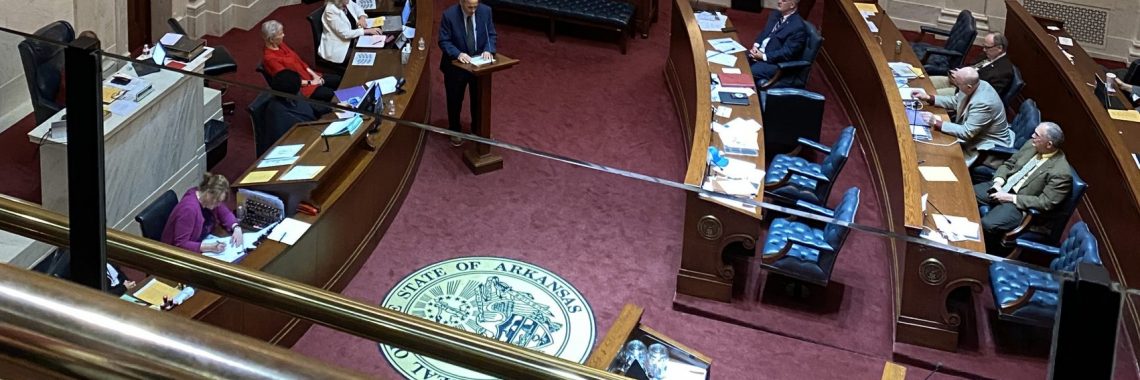No Place Like Home: New Bill Would Block Out-of-State Petition Canvassers

New legislation filed at the capitol on Tuesday would require petition canvassers to live in Arkansas.
The Arkansas Constitution lets people circulate petitions to place measures on the ballot for a vote. However, Arkansas’ ballot initiative process has become the opposite of what it was intended to be. Instead of giving citizens a way to pass good laws, powerful special interests have hired canvassers to collect petition signatures for their own legislative purposes.
Arkansans have testified in committee alleging that canvassers for the 2024 Arkansas Abortion Amendment violated state law and were paid bonuses for “altercations” with pro-lifers who opposed the abortion amendment.
If the Arkansas Legislature does not enact good laws that bring accountability and transparency to the ballot initiative process, these sorts of problems will simply continue to get worse.
H.B. 1574 by Rep. DeAnn Vaught (R — Horatio) and Sen. Kim Hammer (R — Benton) requires petition canvassers to be Arkansas residents who actually live in the state.
Companies that specialize in gathering petition signatures for ballot measures often hire canvassers as temporary workers. Current law may make it possible for canvassers from out-of-state to move to Arkansas temporarily to work as petition canvassers for these businesses.
The ballot initiative process is supposed to give Arkansans a way to change their own state laws. H.B. 1574 will help clarify that canvassers must be Arkansas residents who truly live in Arkansas.
Articles appearing on this website are written with the aid of Family Council’s researchers and writers.





